These Bodies by Morgan Christie (Tolsun Books, out now)
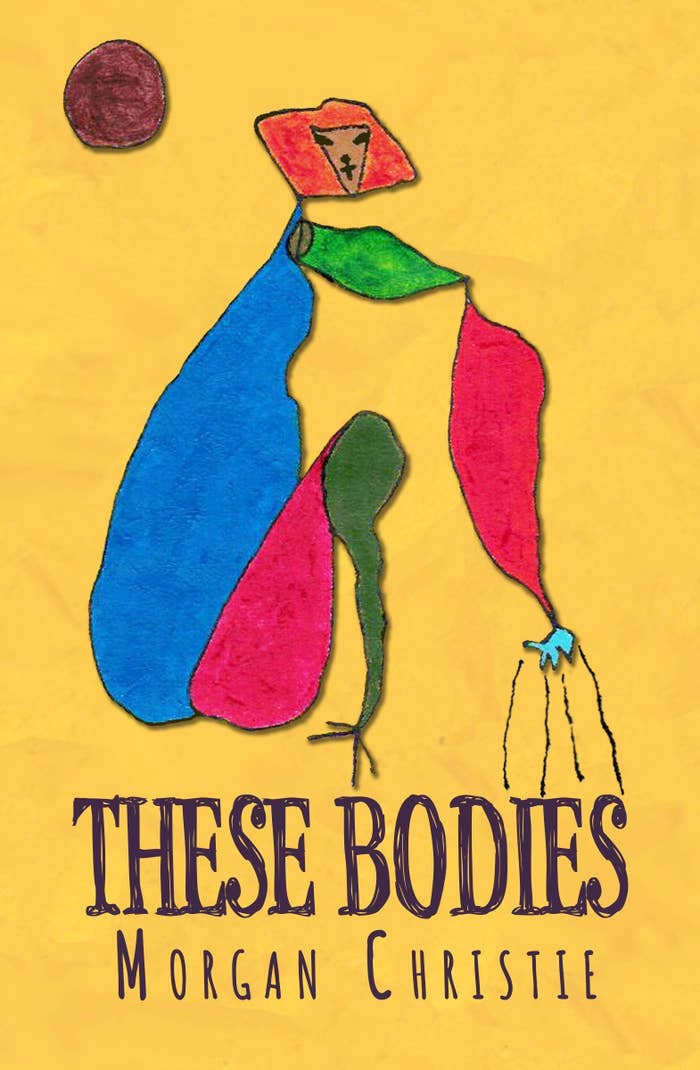
These 11 stories look at how people act on their desires and examine complicated relationships between lovers, friends, and family members. A man desperately longing for a child keeps a chimp in his attic; a woman pays a high price to cook an important soup for her mother and sister. Nearly all the characters search for meaning beyond the grind of daily life. It’s a book filled with longing and hope.
The Witch of Eye by Kathryn Nuernberger (Sarabande Books, out now)

Comprising 26 short essays, this unapologetically feminist collection is a searing indictment of patriarchy that is both beautifully written and meticulously researched. Nuernberger draws parallels between women who were tortured to confess to witchcraft and the polarized landscape of modern America. She surfaces how this century is not so different from the past; our tribunals may feel more modern but are just as damaging. It’s a moving collection that articulately links the past to the present.
Edie Richter Is Not Alone by Rebecca Handler (Unnamed Press, out now)
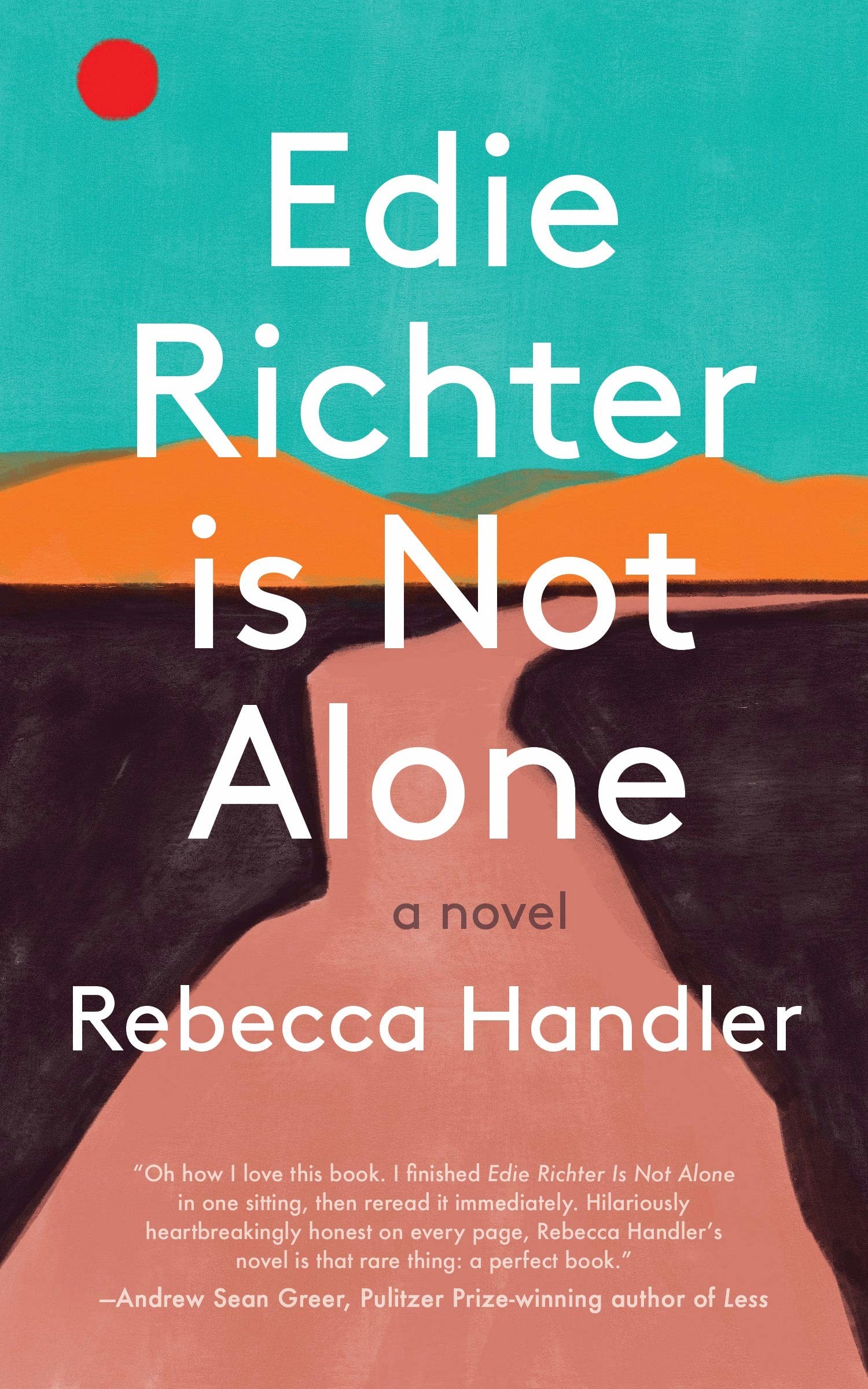
The title character in this novel is a freelancer who is adept at making dull fundraising letters engaging for potential donors. She and her husband relocate from the US to Western Australia; as Edie tries to negotiate life in a new country, she becomes more distant from her husband and enters a conflict with her neighbors. What no one knows is that Edie carries an explosive secret that has followed her to the other side of the world. Handler deftly builds tension with the lush landscape of Perth standing in contrast to Edie’s bleak outlook.
(Her)oics, edited by Joanell Serra and Amy Roost (Pact Press, out now)
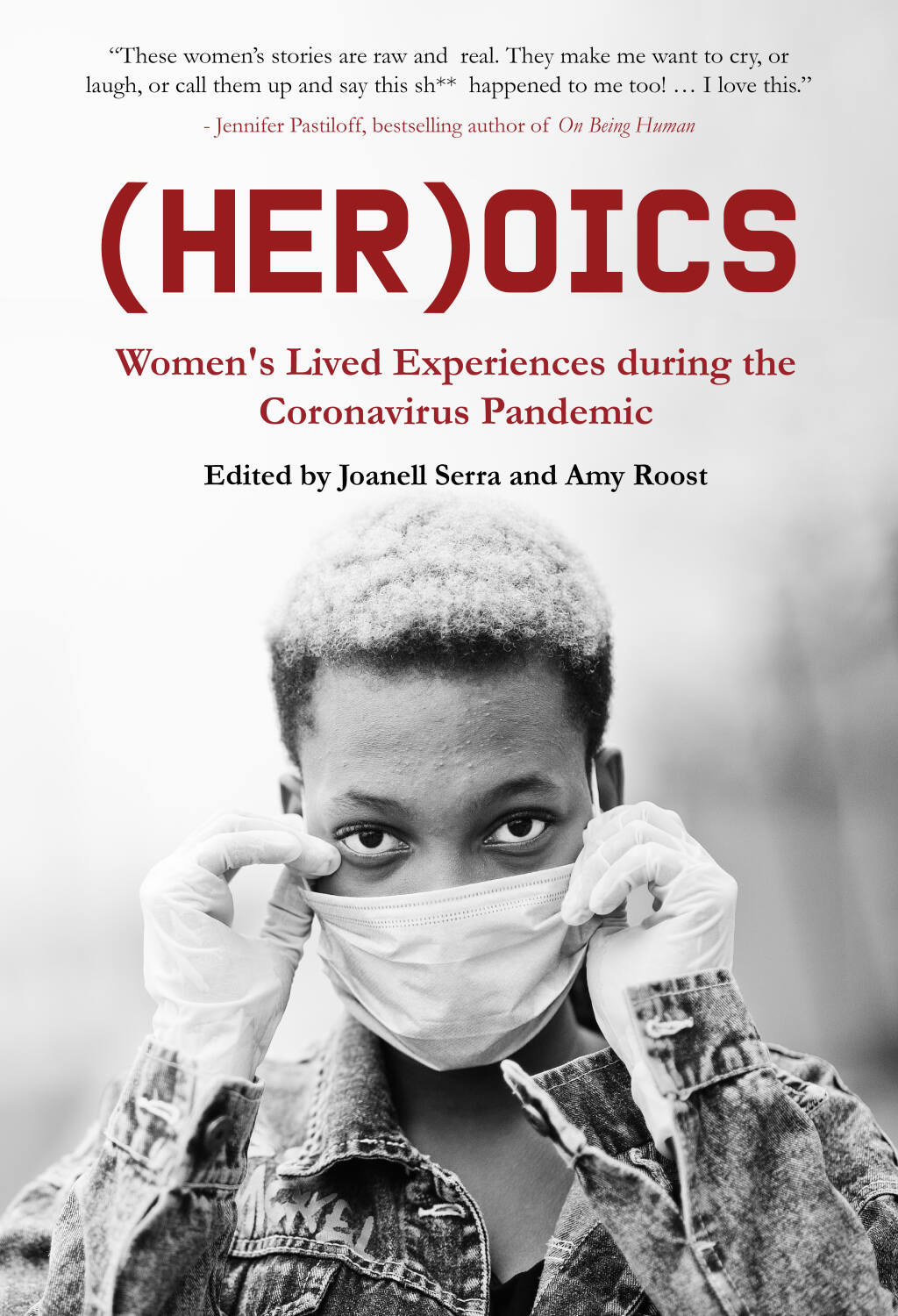
An anthology about the particular experiences of women during the coronavirus pandemic, (Her)oics has 52 contributors from many different backgrounds. At times lighthearted and at others deadly serious, these essays illuminate how greatly class, race, occupation, and geography shaped how people have experienced and contextualized the global trauma of COVID-19. This well-timed collection is as compelling as it is cathartic.
The Parted Earth by Anjali Enjeti (Hub City Press, out now)
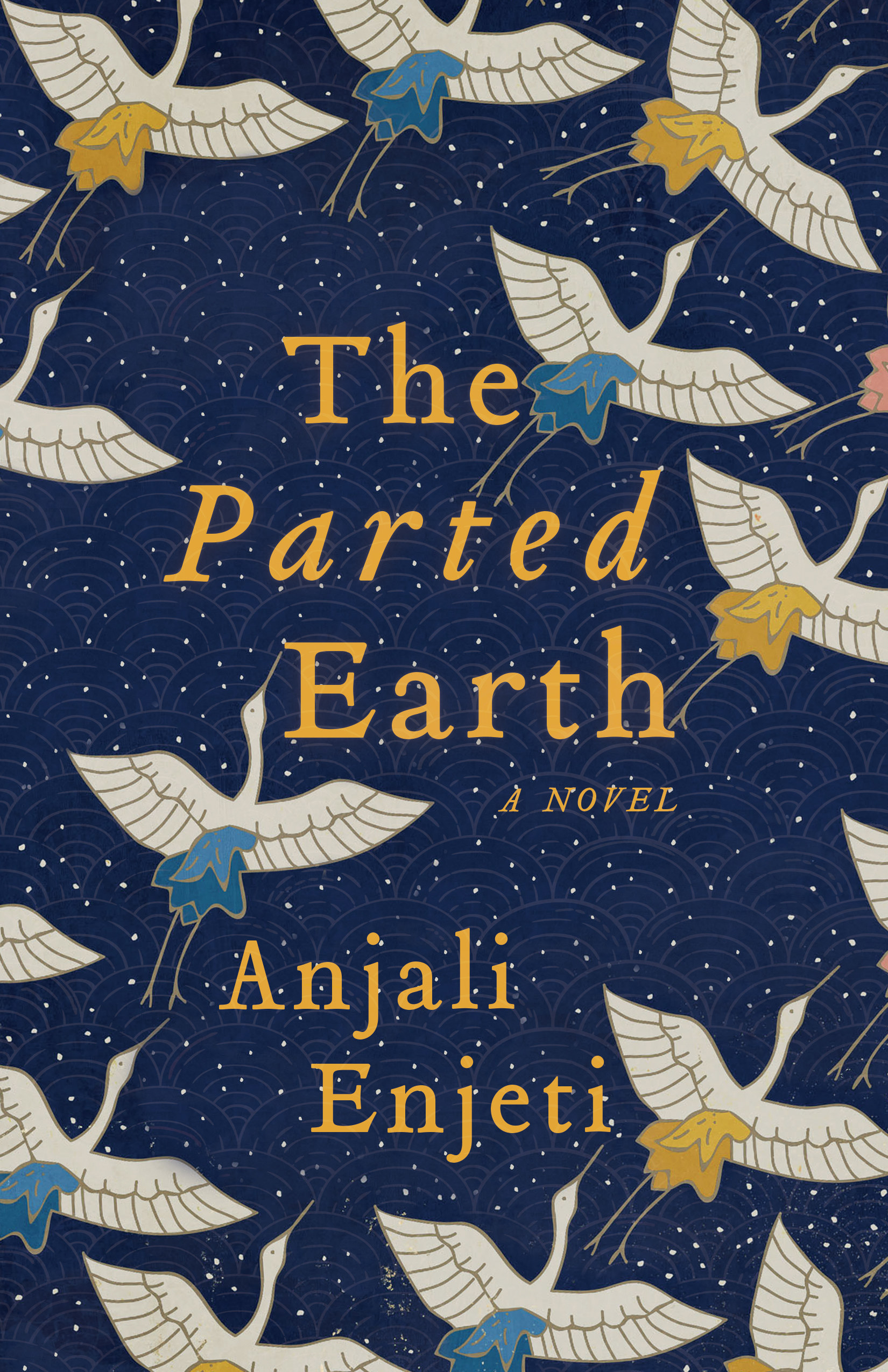
Opening in 1947 during the time of the Partition of India, The Parted Earth is a family saga that spans a generation. As the subcontinent is divided by the colonialist British Raj, neither 16-year-old Deepa nor her physician parents anticipate the sectarian violence between Muslims and Hindus that will ultimately sweep New Delhi. Deepa’s secret Muslim boyfriend must flee to Pakistan. Later, after a personal tragedy, she is forced to leave India. It’s not until almost 60 years later, when she is tracked down by an American relative, that Deepa truly reckons with the past. Enjeti’s debut is as tightly plotted as it is heartfelt.
White Magic by Elissa Washuta (Tin House, out now)
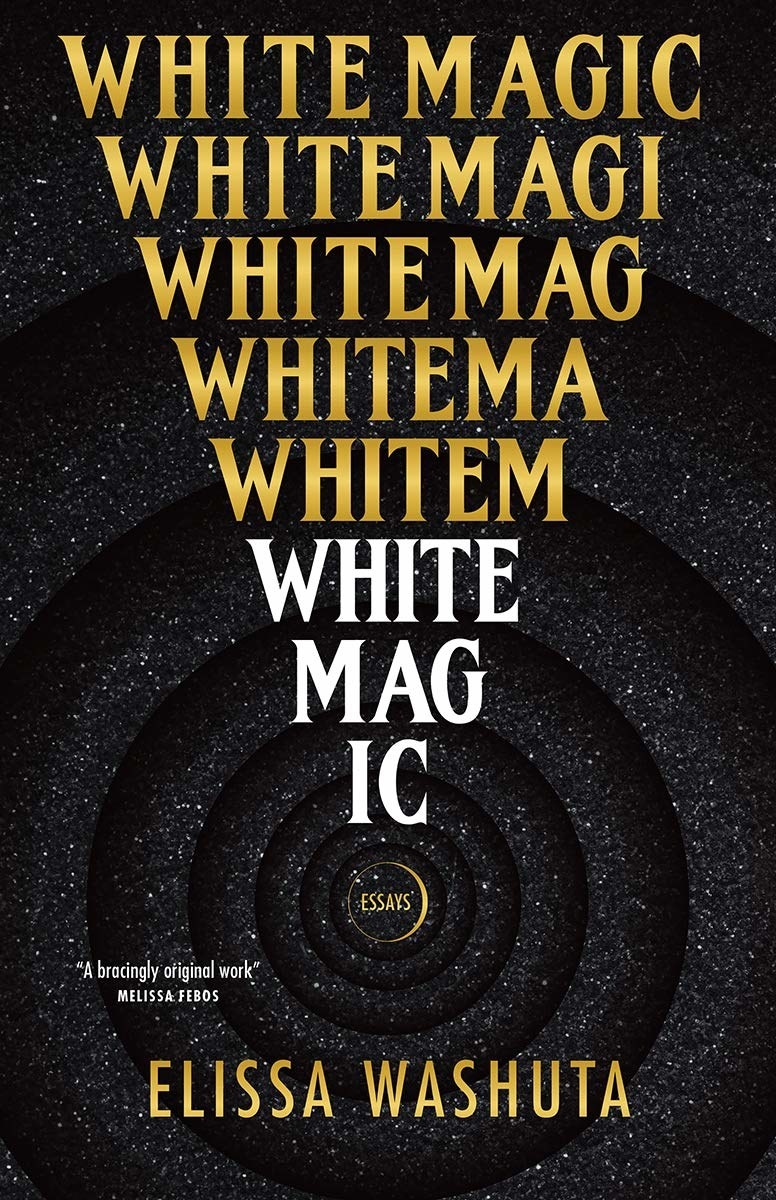
In these striking essays, Phil Collins, Twin Peaks, and D.A.R.E. show up alongside the occult as Washuta writes about addiction, abuse, and power. Threaded in with recovery are witchcraft and the inherent violence of colonialism. “We shape the recollected by how the remembering changes us,” Washuta writes. In many ways, this is a fitting description of the book itself. It’s evocative in terms of trying to make sense of past experiences and framing them with the perspective of the present. It’s also so unflinching that sometimes it feels like Washuta is daring readers to look away. White Magic is brilliantly original.
A Door Behind a Door by Yelena Moskovich (Two Dollar Radio, out now)
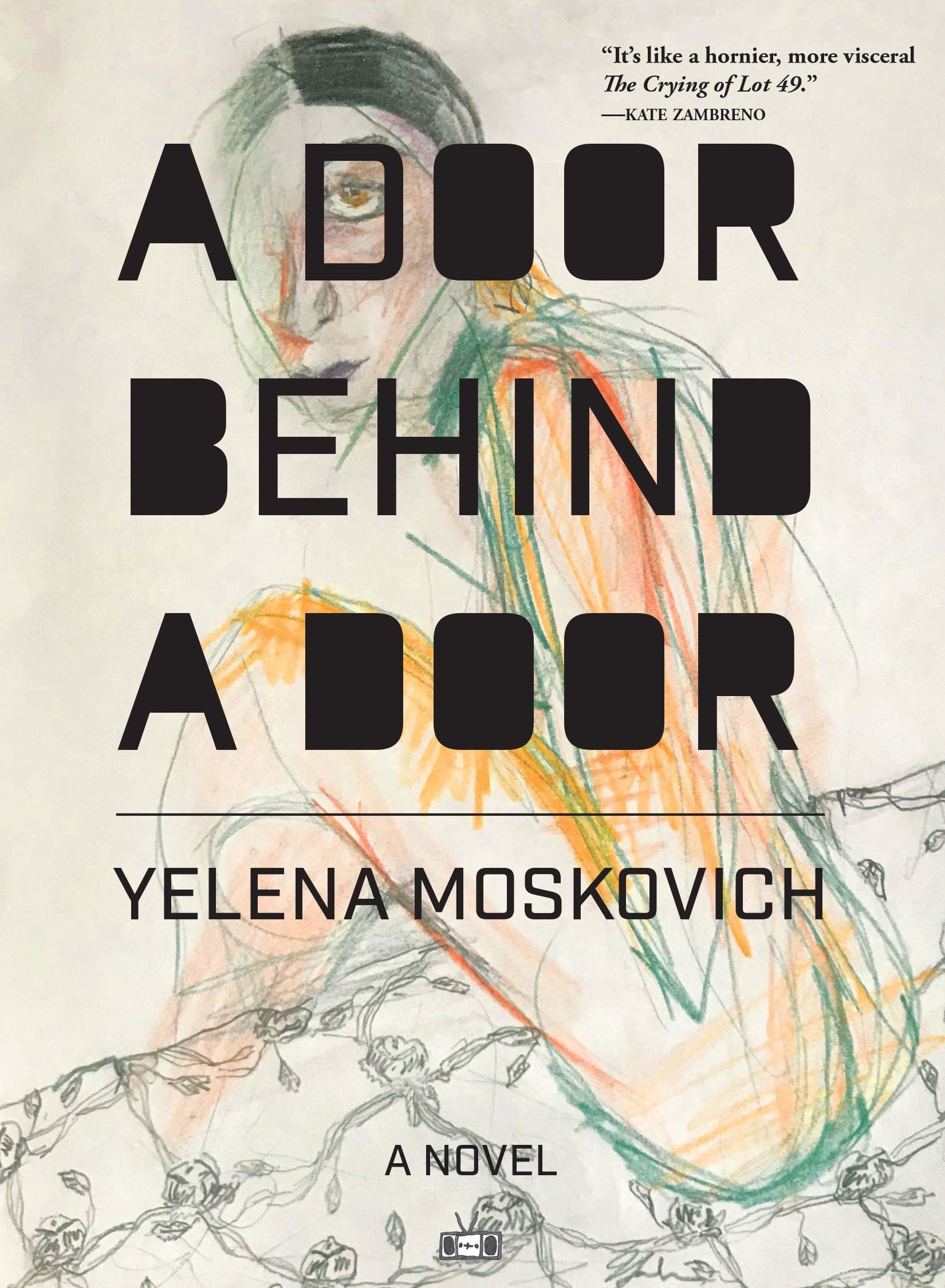
The much-anticipated second book from Moskovich is a novel that centers on Olga Bokuchava, who immigrates from the Soviet Union to Milwaukee with her family. Two separate acts of violence — a murder in her former apartment block and the subsequent accusation that her brother has stabbed a woman — collide when she is contacted by a man from her past who has information about both crimes. Part thriller and part narrative experiment, A Door Behind a Door is utterly unique.
Fat and Queer: An Anthology of Queer and Trans Bodies and Lives, edited by Miguel M. Morales, Bruce Owens Grimm, and Tiff Joshua TJ Ferentini (Jessica Kingsley Publishers, out now)
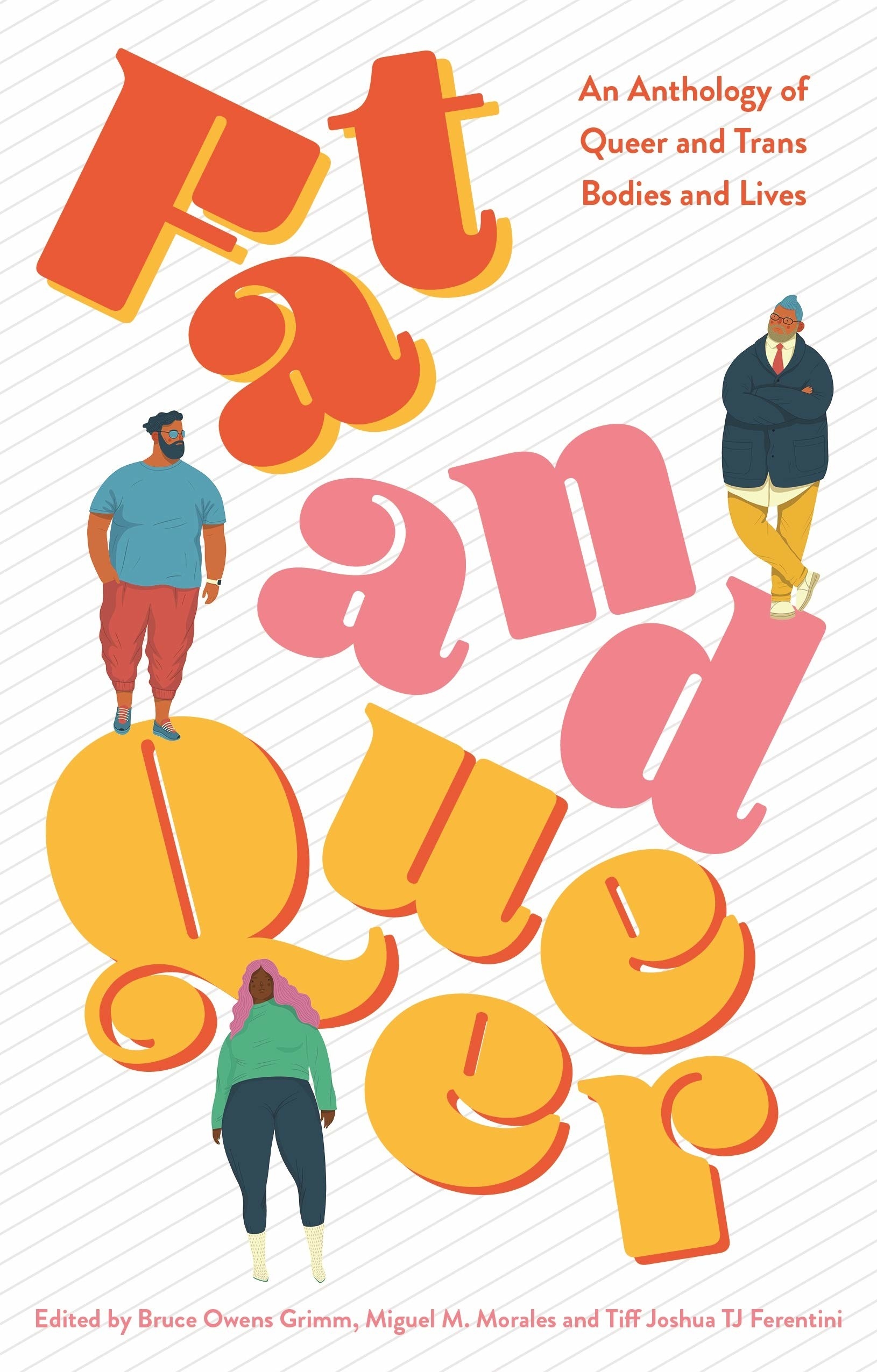
This collection of more than 30 essays and poems includes well-known writers like Carmen Maria Machado and Roy G. Guzmán, activists like Aubrey Gordon (aka Your Fat Friend), and new voices. The work in this anthology explores fat and queer identities from many angles, including viewpoints ranging from celebratory to angry. It’s a wonderfully diverse collection that brings important perspectives to the surface.
Wife Daughter Self: A Memoir in Essays by Beth Kephart (Forest Avenue Press, out now)
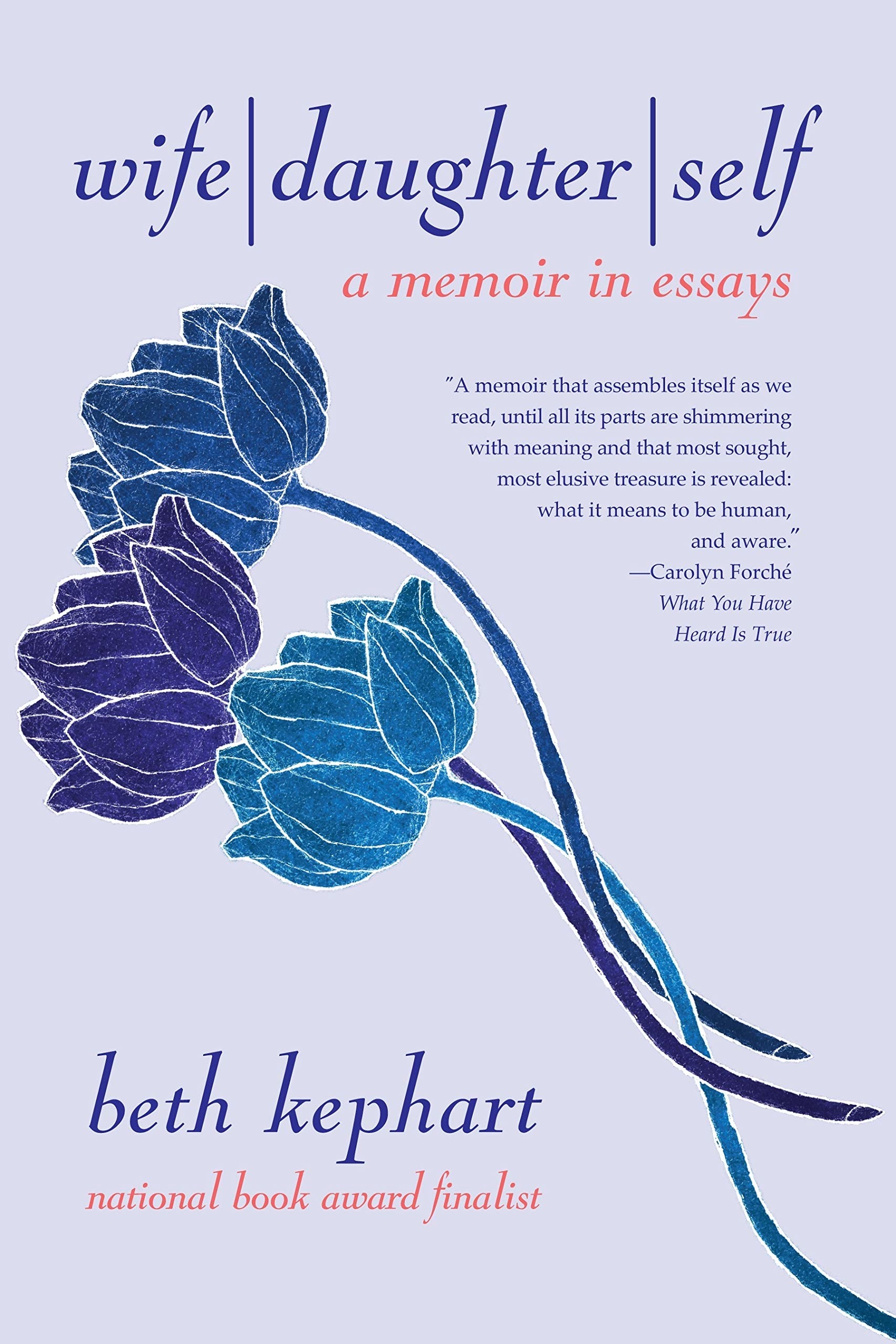
In so many ways, women are often identified by their relationships with others, like the dutiful daughter or the loving wife. In this essay collection, Kephart goes deeper into what it means to be a caretaker or a partner while, despite the title, resisting those definitions. This is a book that helps us understand ourselves and what it means to love.
Sisterhood of the Infamous by Jane Rosenberg LaForge (New Meridian Arts, out now)
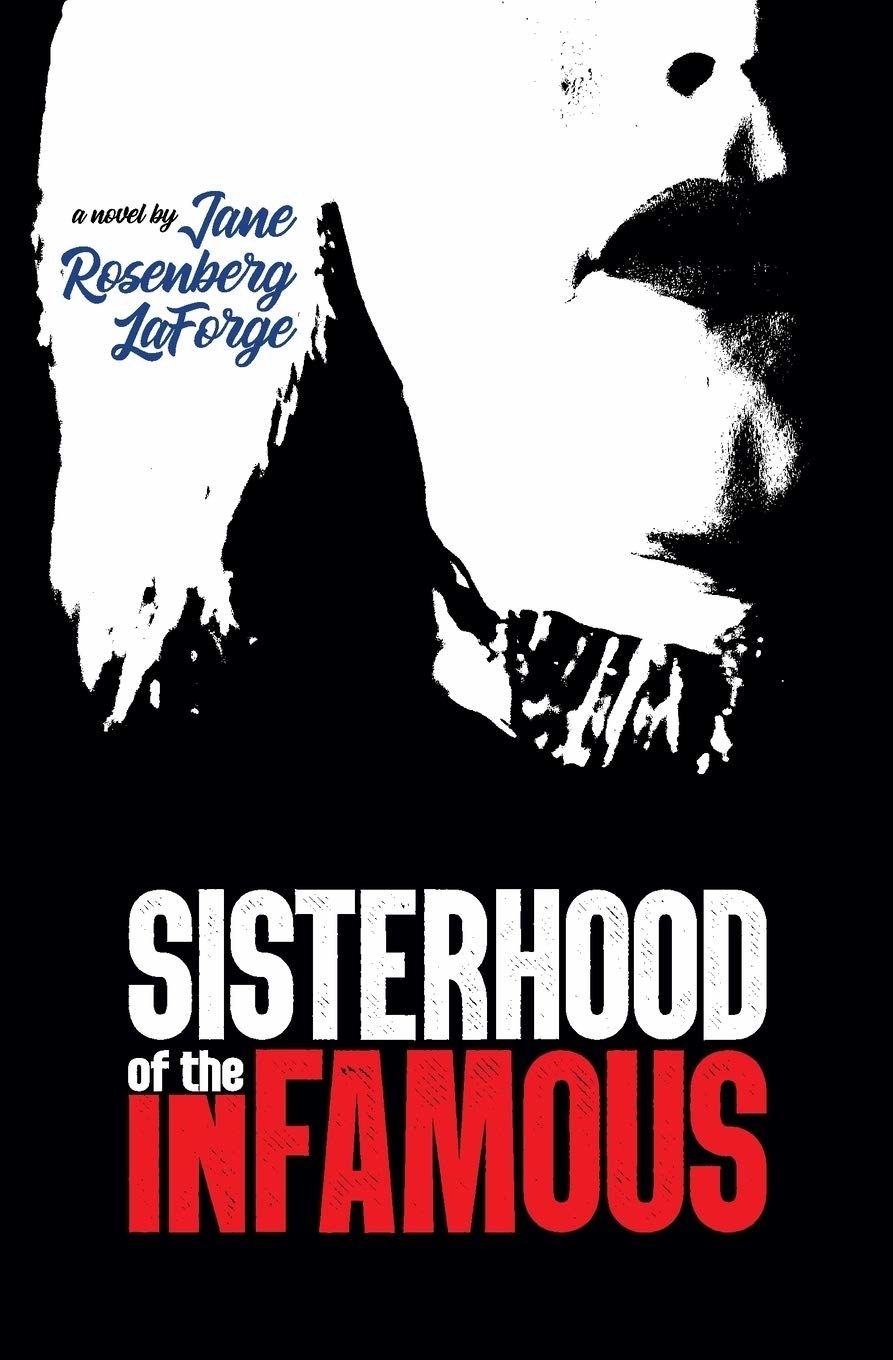
Two sisters in a complicated estrangement — one a former punk rocker and the other a ballerina — come together as one is dying of breast cancer. When a celebrity is murdered, as unlikely as it seems, the sister with cancer is named a person of interest. As media and paparazzi swarm the front door of their home, the fractured family has to learn how to go forward. LaForge offers a nuanced examination of personal lives that collide with the public. Sisterhood of the Infamous is an intense and thoughtful novel that addresses the dual challenges of siblinghood and fame.
Unsettled Ground by Claire Fuller (Tin House, out now)
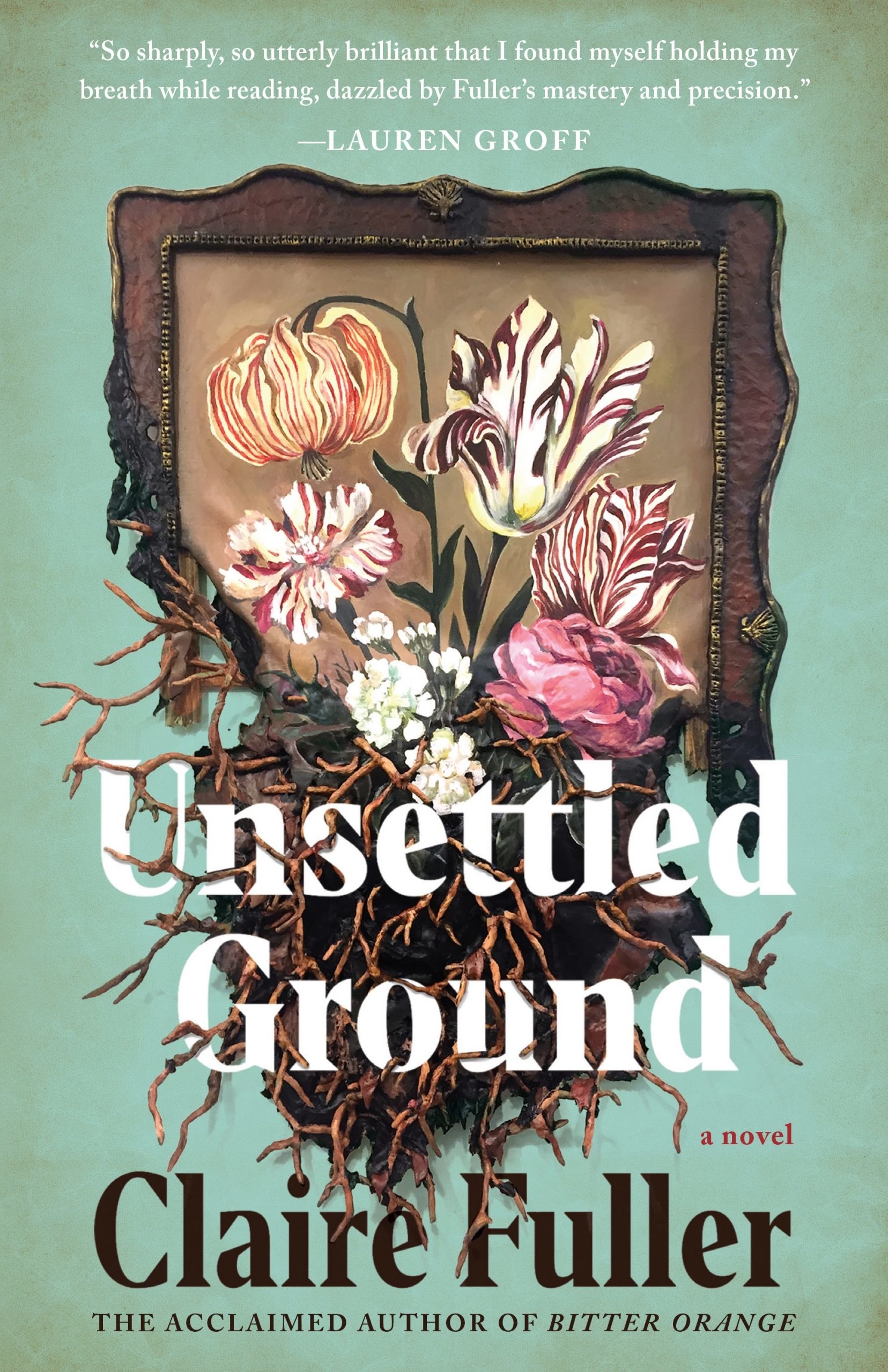
Twins Jeannie and Julius live with their mother in a rural area of England. Despite being in their fifties, neither one has ever left the home. The two share a deep bond of siblings and a love of music; they are at their best when they play together. When their mother dies unexpectedly, their poverty is exposed, and Jeannie and Julius are thrown into turmoil. Fuller’s novel is a compulsively readable story of what it means for families to splinter and then be remade.
Love in the Drug War: Selling Sex and Finding Jesus on the Mexico–US Border by Sarah Luna (University of Texas Press, out now)
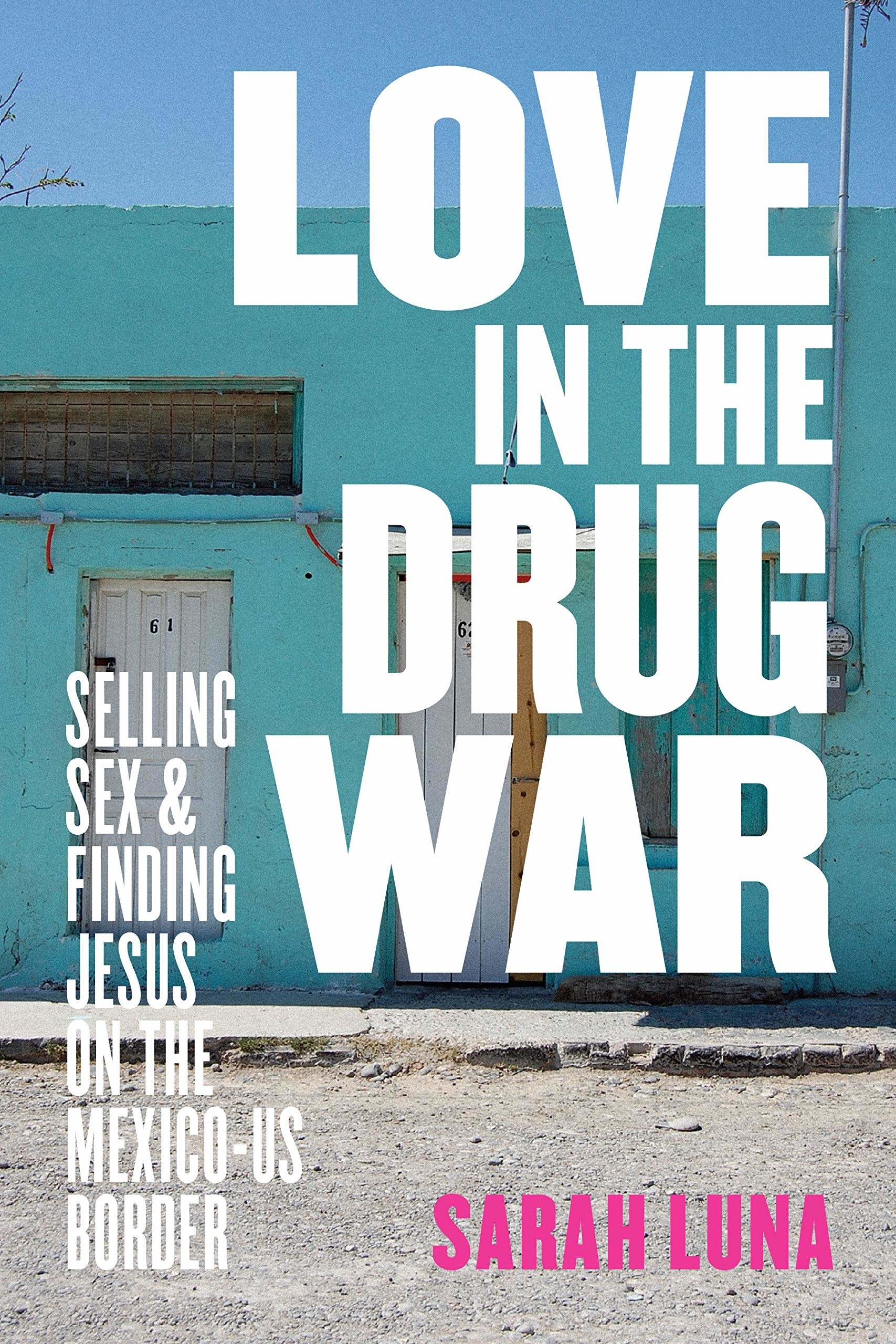
A complicated story of the implications of border politics, this book from Sarah Luna explores women’s lives in Reynosa in the Mexican state of Tamaulipas, directly across the border from Hidalgo, Texas. Friendships profound and fragile are formed between sex workers in la zona — a sex work district surrounded by the concrete walls of Reynosa — and the American missionaries who despise the “vice” of the district but also empathize with the women who work there. Love in the Drug War is as detailed as a dissertation and as readable as a novel.
Slipping by Mohamed Kheir, translated from Arabic by Robin Moger (Two Lines Press, out now)
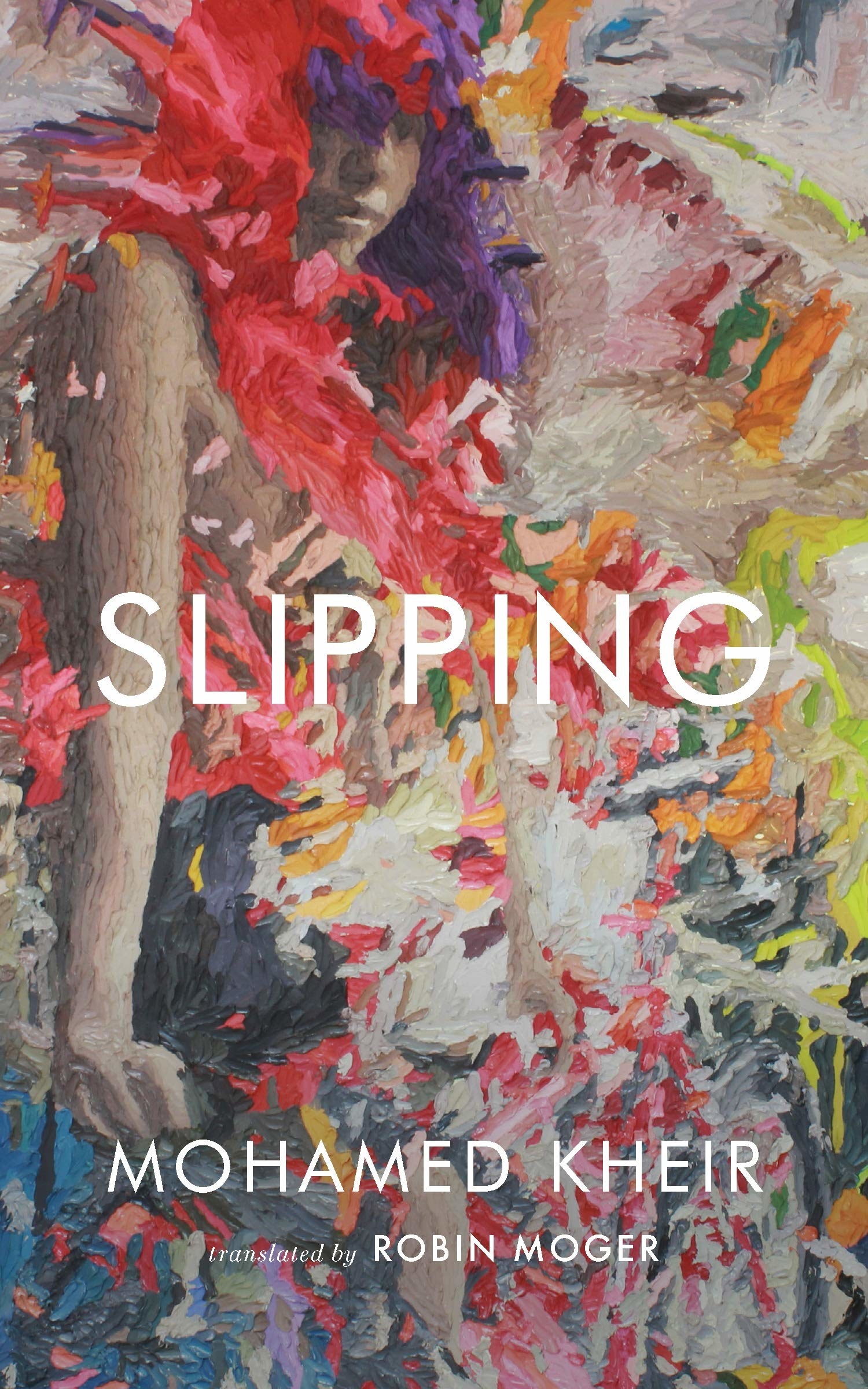
In post–Arab Spring Egypt, Seif, a writer whose girlfriend has been killed in protest violence, connects with Bahr, who has an almost secret knowledge of the country. Not sure how to handle his own grief, Seif follows Bahr through Cairo, Alexandria, and farther outside the urban areas. On their journey, it becomes harder and harder for Seif to parse what is real and what is not. Keir’s English-language debut is nuanced and dreamlike.
And Then the Gray Heaven by RE Katz (Dzanc Books, June 15)
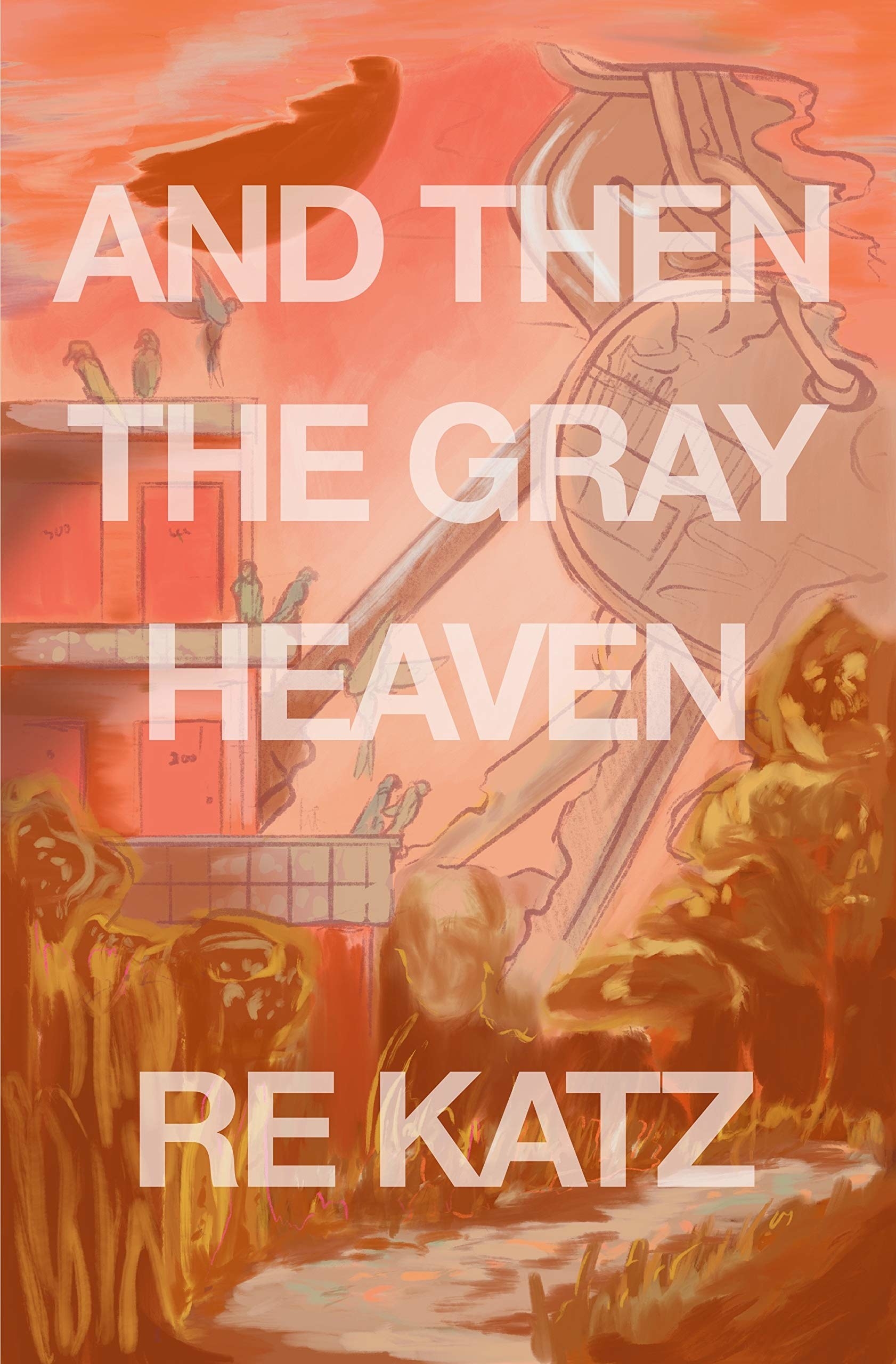
Jules survived being abandoned as a baby and being placed in the Florida foster care system only to lose their partner, B, in a devastating accident years later. Adding insult to heartbreak, B’s family pretends not to know who Jules is to B, refusing to recognize them as a couple. This gorgeously written book is the epitome of a novella: as compressed as a short story and as complex as a novel. Gorgeous and biting, And Then the Gray Heaven is a debut from a writer to watch.
The Confession of Copeland Cane by Keenan Norris (Unnamed Press, June 15)
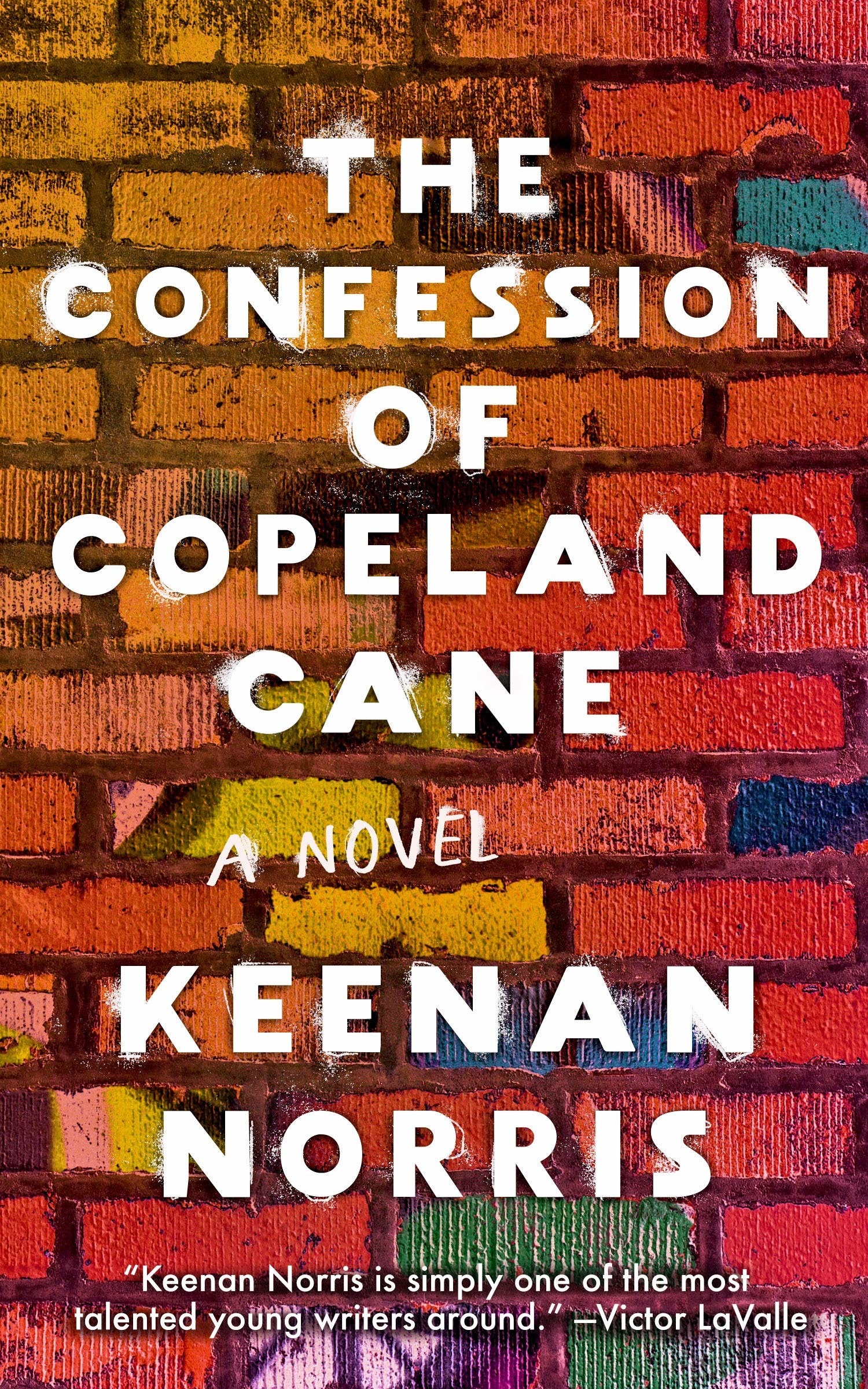
Alerts from Soclear Broadcasting — the state-run media that is always on the watch in Norris’s novel — punctuate this debut with an alarming resonance in terms of how people are surveilled in America. Set in postpandemic Oakland, Copeland Cane is a young Black man trying to find his way. He’s recruited to an elite private school at the same time his parents face eviction, and he’s also identified by Soclear as a fugitive and a radical. A significant new voice in fiction, Norris has written what may be one of the defining novels of the era at the intersection between Black Lives Matter and COVID-19.
Transmutation by Alex DiFrancesco (Seven Stories Press, June 22)
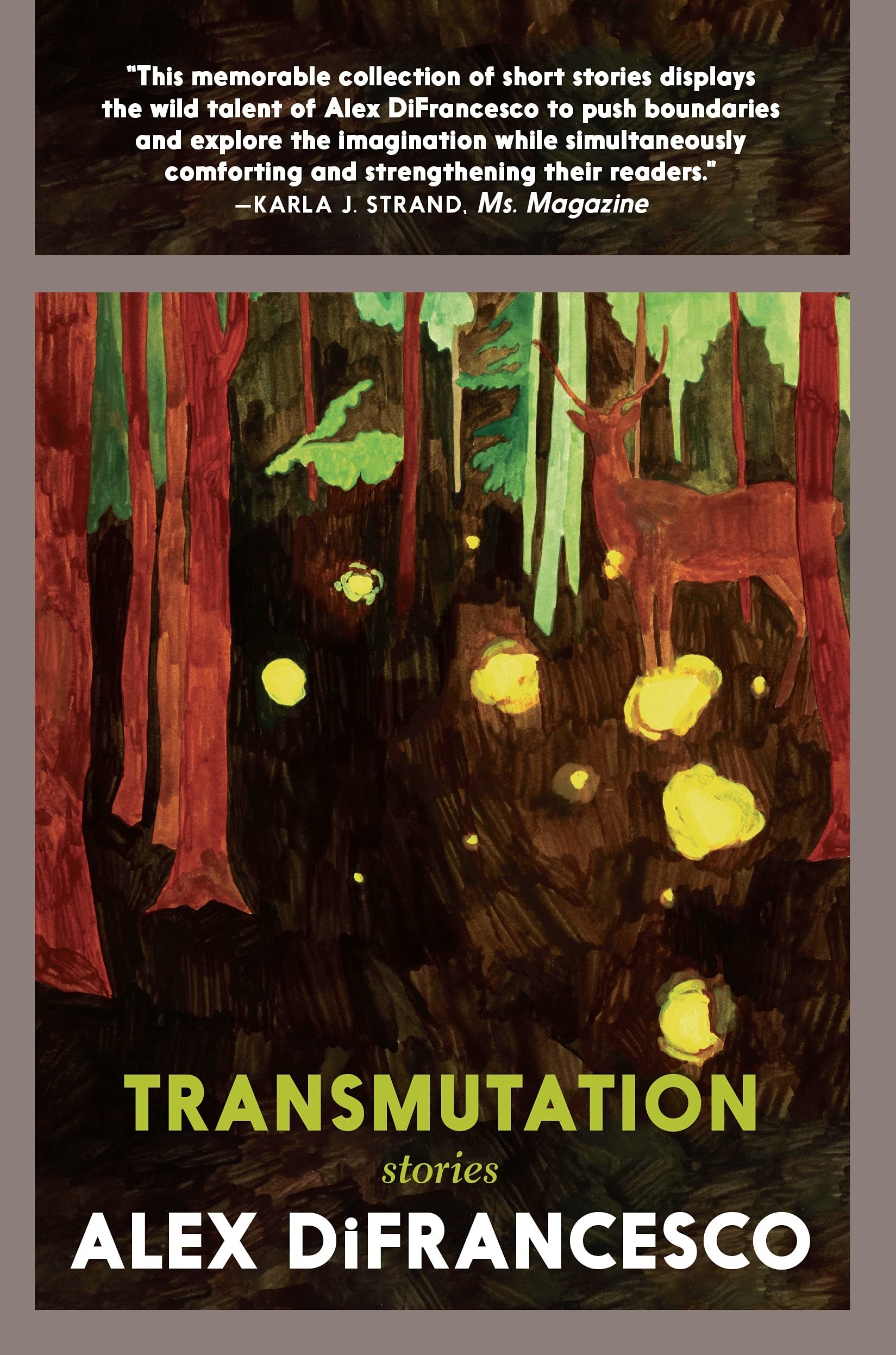
Whether they're injecting lake water into their leg to conjure a swamp thing, using a reusable metal straw to suck up the air around an irrelevant professor, or dealing with the health concerns specific to vampires, the characters in Transmutation are tender and real. The presence of fantastical elements is part of the magic of these 10 stories, which are linked thematically by the changeable nature of the body. DiFrancesco’s alchemy is that every story reveals someone who is realizing a new version of themselves.
Mona at Sea by Elizabeth Gonzalez James (Santa Fe Writers Project, June 30)
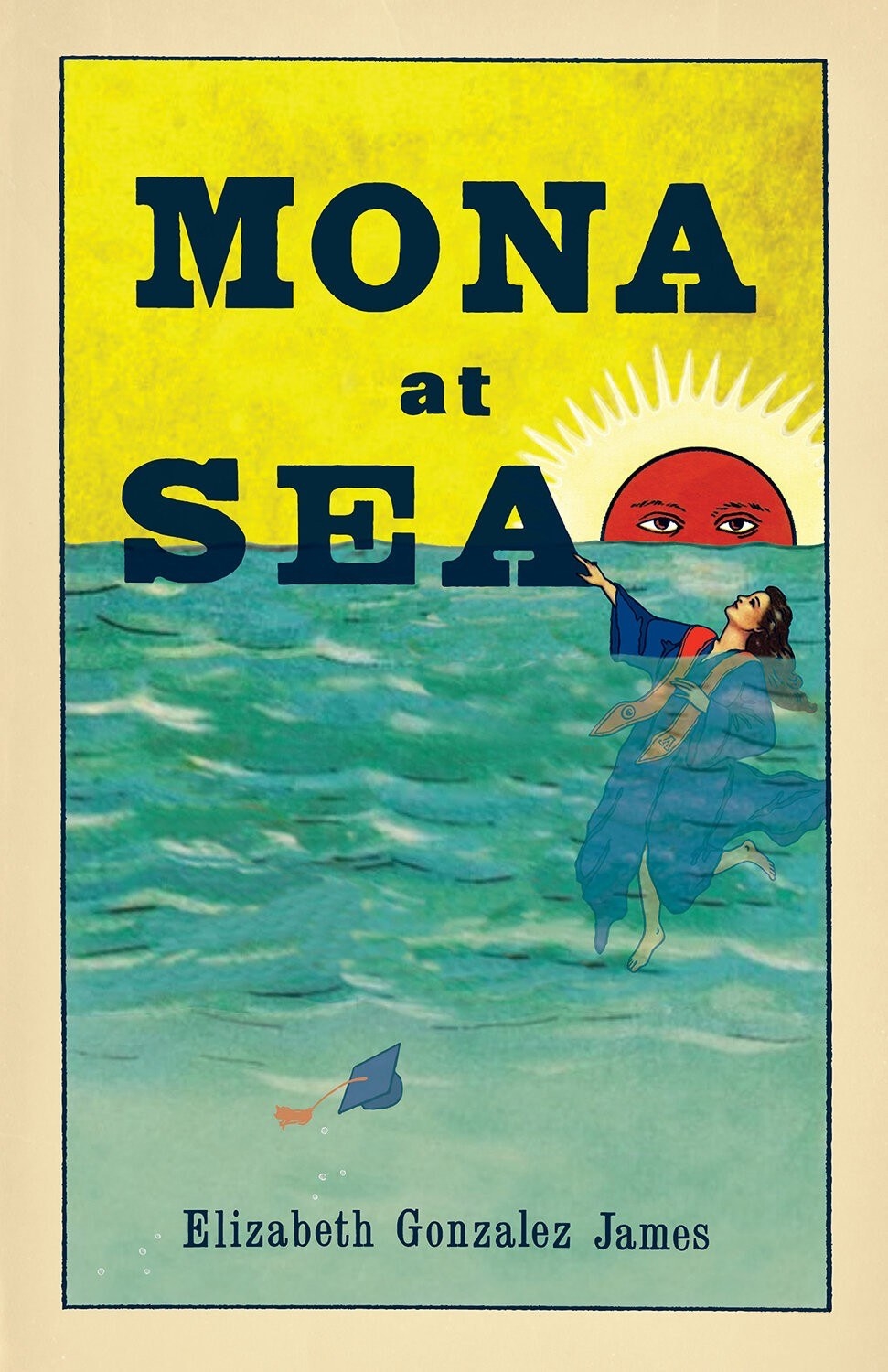
In the recession of the mid-2000s, Mona Mireles loses her New York finance gig before she even has a chance to have her first day. Forced to move back in with her parents in Tucson, she is adrift and cynical while she looks for job after job. Mona has an arch sense of humor, but she is also kind. Readers will find themselves rooting for her. Though focused on a millennial character, Mona at Sea is a timely commentary from a talented writer on the impact of long-term unemployment.
Between Tides by Angel Khoury (Dzanc Books, Aug. 10)
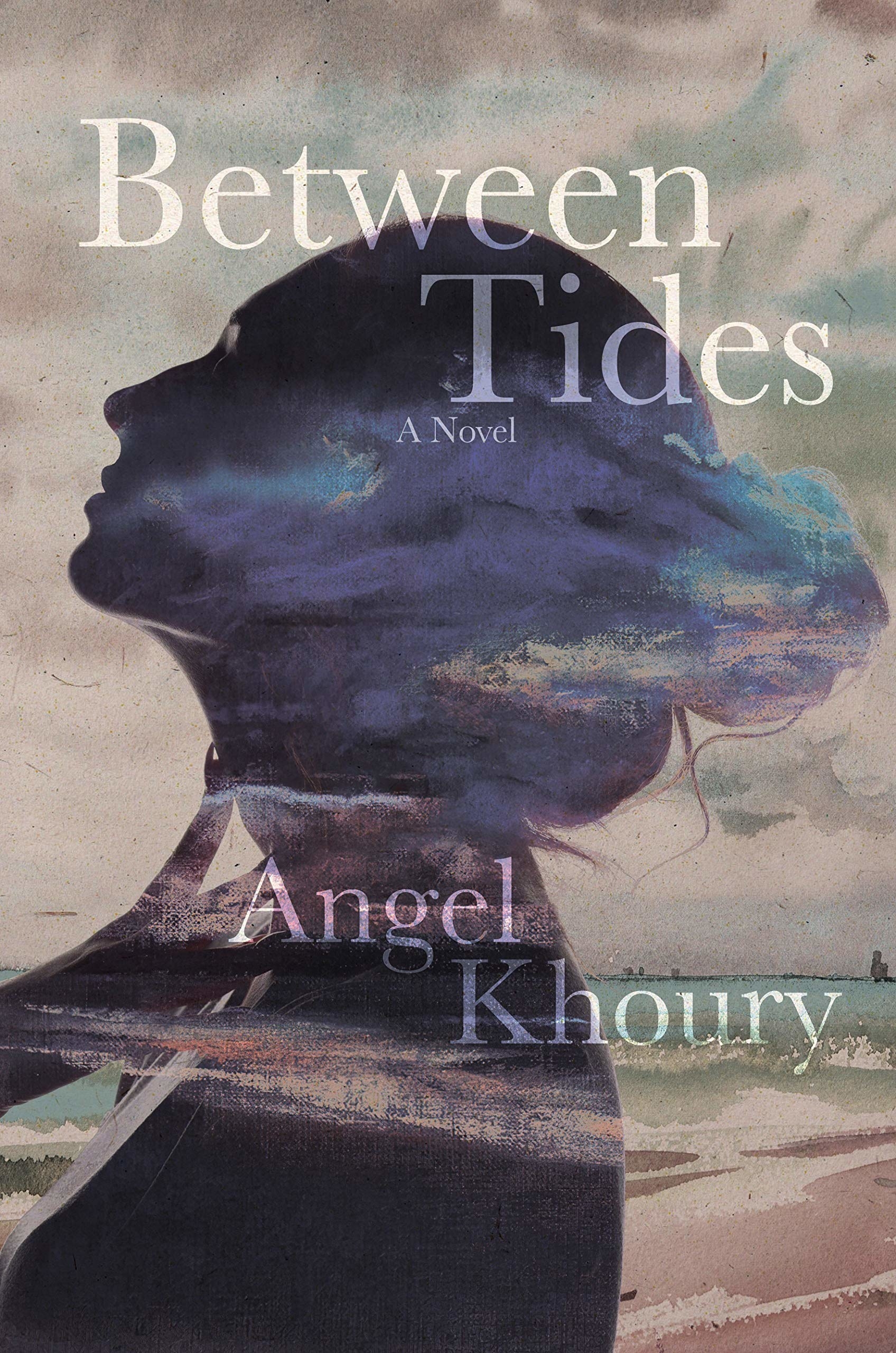
There is melancholy and joy in this novel revealed in episodes set 50 years apart. Khoury tells of two women linked by the same man: a long-gone ex-husband to one, and a dead father to the other. As they come together, Blythe and Gilly begin to reach an understanding about their connection. The geographies of Cape Cod and North Carolina’s outer banks underpin the seas of emotion both women experience as they try to understand what they mean to each other. Between Tides is an expertly written excavation of loss.
Wendy J. Fox is the author of four books of fiction, including the novel If the Ice Had Held and the forthcoming collection What If We Were Somewhere Else. She has written for the Rumpus, Electric Literature, Self, Business Insider, Ms., and more. Follow her on Twitter @wendyjeanfox.
